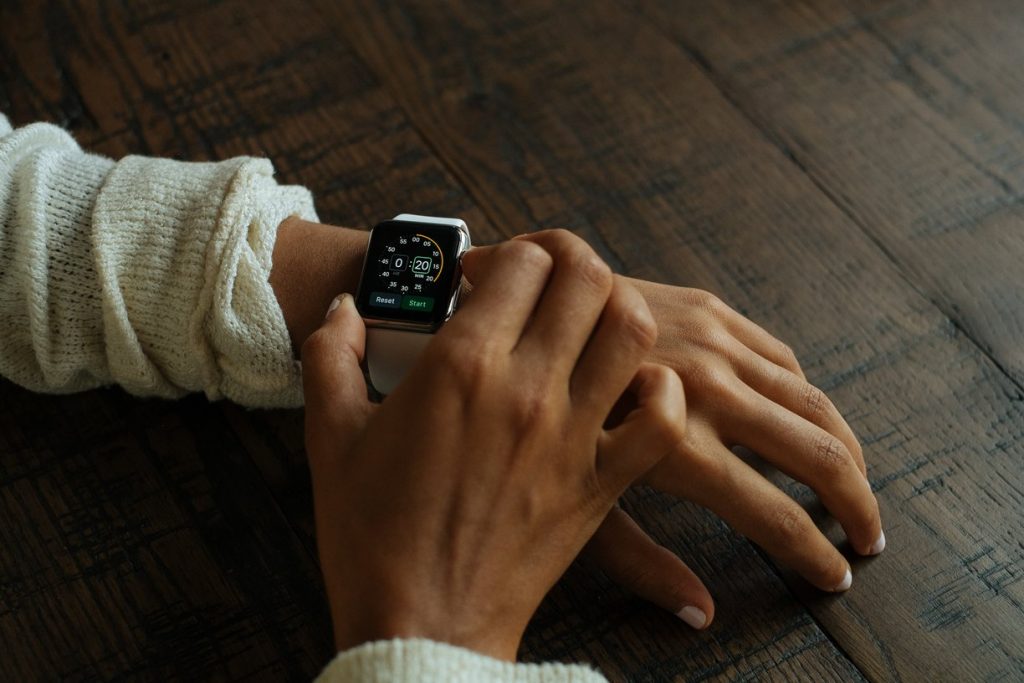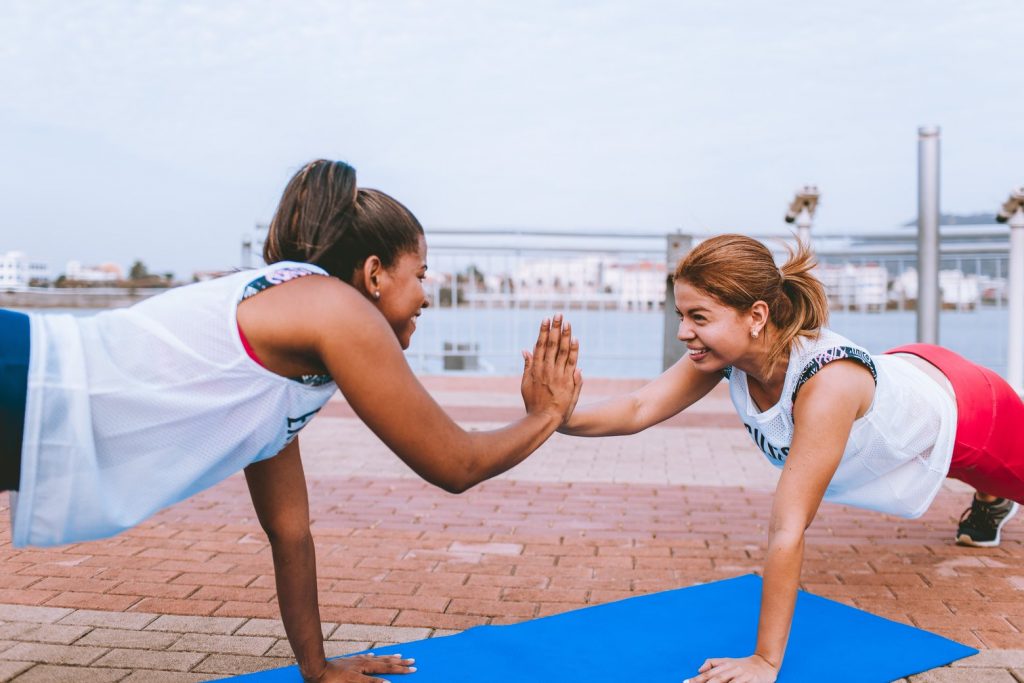BLOG
Get Better Sleep – Yes, It’s Important – Using These 8 Strategies
Back to the blog
No one likes to be that person falling asleep in class, or the person who can’t remember their usual lunch order due to sheer exhaustion— and you definitely don’t want to be the person who misses out on social events because you had plans at 9:00 o’clock but fell asleep an hour beforehand. While you refuse to be that person in each of these three instances, the truth remains that college is challenging, and well—just tiresome. Doesn’t a college kid deserve some rest— just like the high school version of yourself enjoyed?
As a young person emerging from high school years, it’s totally normal to feel like you’re an overworked adult living in a teenager’s body. However, if you’re beginning to feel like you’re missing out on the full college experience because you’re so darn tired all the time— or you feel as though your brain isn’t operating at full capacity due to lackluster sleep— it may be time to face your sleep issues head-on and attempt to solve them once and for all.
The good news is that you’re not alone. Every college student has faced complete and utter sleep deprivation at one point or another, but that doesn’t mean that every night should be spent feeling this way. As recovering restless sleepers ourselves, your friends here at uCribs know a thing or two about kicking bad sleeping habits to the curb, which is why we’ve rounded up 8 of our favorite strategies for getting the sleep you needed, like, yesterday.
Watch Those Afternoon Cat Naps
Love your bed more than you love most people? We hear you. But, if you’re granting your sleepy self unlimited afternoon naps and wondering why you can’t stay asleep at night, consider curbing your napping habits. Napping too frequently or for too long can confuse your internal clock, making it hard for your body to power down at night and leaving you with eight hours of tossing and turning— instead of deep, restorative sleep. If you’re completely drained between your student government meeting and evening chemistry lab, you can still give yourself a bit of shut eye – but be sure to limit it to 30 minutes, tops, or else risk entering a nasty cycle of further sleep deprivation.

Set a Strict Sleep Schedule for Yourself
Humans are creatures of habit, especially when it comes to sleep schedules. Everyone has a circadian rhythm – AKA your internal clock – and, if you’re paying attention to it, you should find yourself waking up and dozing off around the same time every day. But all too often, we wait until the brink of exhaustion before we call it a night— only to drag ourselves out of bed, zombie-style, once that 7:00 a.m. alarm sounds. Doesn’t seem too healthy, now does it? So, jumpstart a natural sleep schedule by getting in bed around the same time every day. You can use smart settings and apps to help you in this quest. Apple devices have a Bedtime setting built-in, while many Android users find luck with apps like SleepyTime. And when that pesky alarm goes off in the morning, don’t hit snooze—nope, not even once. Sure, this may be hard to get used to, but your new sleep schedule is sure to pay off in restful hours of ZZZ’s!
Get a Grip on Disruptive Blue Light at Night
You’ve heard it before – likely from nagging parents – but you’re going to hear it again right now: your devices are killing your sleep cycle! That’s right, your smartphone, tablet, and/or laptop has a nasty effect on your circadian rhythm, thanks to blue lighting that mimics natural sunlight and delays sleep onset. We’ve heard all the excuses before, like: “I’m a tech-savvy student living in the digital age! How else am I supposed to cram in those late-night assignments?” Fortunately, there is a work-around for nocturnal students glued to their devices: light-filtering apps, which are available in your app store of choice— if your device doesn’t already have them pre-installed. Look for “Comfort View” if you’re an Android user, or “Night Shift” if you’re an Apple fan.
…But During the Day, Get as Much Light as Possible
Okay, now that you know that blue light at night is bad for your sleep schedule, what about bright, natural light during the day? Well, it’s the exact opposite, really! You should be getting as much of it as possible. You’ve experienced first-hand the energizing qualities of natural sunlight but submitting yourself to bright light during daytime hours is scientifically proven to boost your circadian rhythm, benefitting your natural sleep cycle. If you’re not yet a believer, consider this—spending a bit of extra time in natural light has been shown to help insomniacs increase their sleep activity by two hours. So, the next time your study buddy suggests moving your study session to the great outdoors, take him up on it – you’ll probably have a great night’s rest as a result!
Add Exercise to Your Daily Routine
Need another reason to get back on your New Year’s resolution grind? Here’s one: people who exercise routinely enjoy better sleep and feel more alert during the day than those who do not. Exercise is also an excellent way to prevent or reduce symptoms of insomnia and sleep apnea. Ready to hit the treadmill? Great! But first, a word to the wise. Research suggests that exercising too close to bedtime can actually disrupt sleep, since your body needs time to recover from metabolic, hormonal, and body temperature spikes. However, anecdotal evidence suggests that some people find the opposite to be true, so if a late-night jog knocks you out with ease, by all means, go for it. No matter how you choose to get in your sweat session, you can work out with an extra incentive in your back pocket: an awesome eight hours of sleep ahead of you.

Limit Your Exposure to Caffeine
Oh no, another instance when Mom was right? Yep – as it turns out, caffeine may help you get up and go in the morning, but it isn’t great for improving overall sleep quality. As the Starbucks Gold member that you are, you may be shocked – or relieved? – to learn that caffeine can stay in your body up to 12 hours after ingesting it. No wonder you always feel tired the morning after a late afternoon coffee run! If you’re trying to improve your sleep cycle, eliminate caffeine from your diet anytime after noon. Alright, alright – you can technically have caffeinated beverages in the early afternoon, but if your mid-day Starbucks habit is keeping you up all night, don’t ignore your body’s cries for help! Everyone’s different when it comes to caffeine tolerance, and only you—and you alone— will be able to tell when enough is enough.
Practice Stress Management
Your nightmarish history assignment, the super awkward attempt at a conversation with your crush, and even the mounting stack of dishes in the sink—there are tons of factors, experiences, and instances from your day that can weigh heavily on your mind as you’re trying to drift off to sleep. If you’re hoping to get a restful eight hours, you’ll need to learn how to cope with all of these stressors. Fortunately, society’s current wellness obsession means that it’s never been easier to find cheap, accessible ways to destress. Try meditation, a hot bath or shower, or aromatherapy oil – like soothing lavender – for near-instant results. You might also consider downloading a mindfulness app, like Calm or Headspace, which guides you through stress-busting breathing routines. Yes, there really is an app for everything, including your new anti-stress ritual.
Examine Your Sleep Environment
Tried every tip on this list with no luck? If so, your sleep environment may be to blame. There may be times when you fall asleep with rowdy roommates in the next room or a smartphone streaming the latest series of Instagram Stories in hand. But, if your sleep environment is unaccommodating, you need to do yourself a solid and fix that situation, stat. Ideally, your room should be dark, cool, and quiet for the best sleep possible. You’ll want to minimize distractions, while taking a hard look at the cleanliness of your sleep space. A cluttered or downright dirty room isn’t exactly conducive to deep relaxation, which is key to catching quality ZZZ’s. So, if you’ve been putting off that massive apartment clean-out, it might be high time to get to it – if for no other reason than for the sake of your sleep.
Sick of feeling held hostage by your crummy sleep cycle? Ready to finally do something about it? From amping up your exercise routine to embracing aromatherapy, there are numerous ways to get a grip on your sleep habits, so you can experience a fruitful sleep pattern and all of the restorative benefits that accompany it. Take any of uCribs’ tips for a spin, and you might just find that the cure to your sleep woes has been right under your nose all along!
Share this article:

